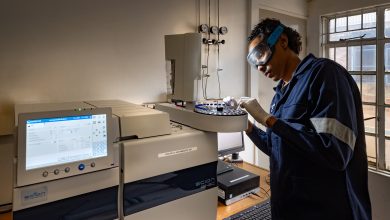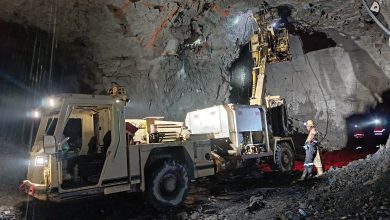
Pre-Export Verification of Conformity (PVoC) for Oil and Gas Projects
Compliant Equipment, Successful Implementation
Pre-Export Verification of Conformity (PVoC) compliance should not be frowned upon, but eagerly adopted. It is central to the delivery of oil and gas projects to the expected quality assurance standards, on time, and within budget.
Against the backdrop of the much-lauded African Free Trade Area (AFTA), 78 African countries have adopted Technical Barriers to Trade (TBT). This has resulted in stringent enforcement of pre-export verification of conformity (PVoC) assessment requirements in the respective countries.
Following this development, there are huge implications for the importation of equipment used in oil and gas projects. Usually, for the trade (manufacturers, suppliers, and buyers) involved, getting the necessary PVOC assessment finalised on time can be an intricate process. Accordingly, everyone must understand the fundamentals.
This is what Harrison Muchenga, Marketing Manager at Bureau Veritas South Africa, tells organisations involved in major oil and gas projects on the continent. Through an interview with Mining Business Africa, he highlights three central areas: the benefits of PVOCs; their relevance in oil and gas projects; and the increasing role of technology in simplifying compliance.
A benefit, not a barrier
Muchenga considers the adoption of PVOCs as a necessity, not a barrier, not least as African countries are embracing the AFTA. “While free trade ensures the removal of some trade barriers within African countries, it does not sanction a free-for-all scenario or grant a blank check for the exportation or importation of goods of inferior quality. In fact, for free trade to benefit member countries, quality standards should be enhanced, and PVOCs are a vital vehicle,“ he articulates, spelling out that, with the AFTA limited to customs (quantity verification and price analysis), pre-shipment inspection (PSI) cannot suffice.
Set by individual countries of origin, PVOC ensures that imported goods are of similar quality and meet basic minimum requirements (compliant with WTO regulations). PVOC is part of a standard procedure that facilitates the easier movement of goods. Goods are checked (tested) before arrival in the country of origin to prevent recall, inconvenience to both the importer and exporter, etc. Ultimately, it protects a country from the entry of counterfeit or illicit goods, ensuring that the end-user has access to quality and safe products.
As regards facilitating the implementation of AFTA, PVOC will enable African countries to produce high-quality goods to meet the needs of the international market.
Relevance in oil and gas projects
As African countries embark on mega-oil and gas exploration and production projects, PVOC is all the more relevant. Concerning these sectors, a typical PVOC for mines would cover both exploration and the actual project, specifically the following areas:
- Exploration: The focus would be on the safety of processes.
- Mining: integrity of equipment; product quality (commodity) testing through the laboratory.
- Quantity verification on behalf of the government: fuel marking (traceability) in the value chain (mitigating possible product diversion to avoid declaring revenue (tax evasion))
The convenience of technology
Fascinatingly, the oil and gas sector has eagerly adopted PVOC compliance. Even so, there have been concerns about the process of PVOC compliance among some trade organisations in the region.
However, with advances in technology, Bureau Veritas does not see compliance and enforcement of PVOC by traders and governments hindering business operations. “Technology is streamlining PVOC compliance, helping both governments and traders,“ states Muchenga, citing the convenience of a cloud-based system of PVOC management.
For traders, a cloud-based PVOC management system eases compliance and eliminates the convoluted process of handling paperwork from different departments, for instance, the Department of Agriculture and Commerce. Instead of a single window, a one-stop centre,
For the government, the system ensures traders are compliant and meet all compliance requirements. Also, scanners at the borders ensure dangerous weapons and narcotic drugs do not enter a country. On meeting requirements, a report is generated, and an authorising certificate is issued. All within a short time.
Integral to project success
Broadly, PVOC compliance with critical equipment is integral to the success of oil and gas projects. For this reason, all parties involved must ensure that it is implemented meticulously. Thus, partnering with experienced consultants ensures project delivery on time, within budget, and to the expected quality assurance standards.
Most African countries have adopted Technical Barriers to Trade (TBT) measures (according to the WTO, as of December 31, 2021, the AME region accounted for 35% of TBT notifications). 78% of African countries have adopted TBT. 1






